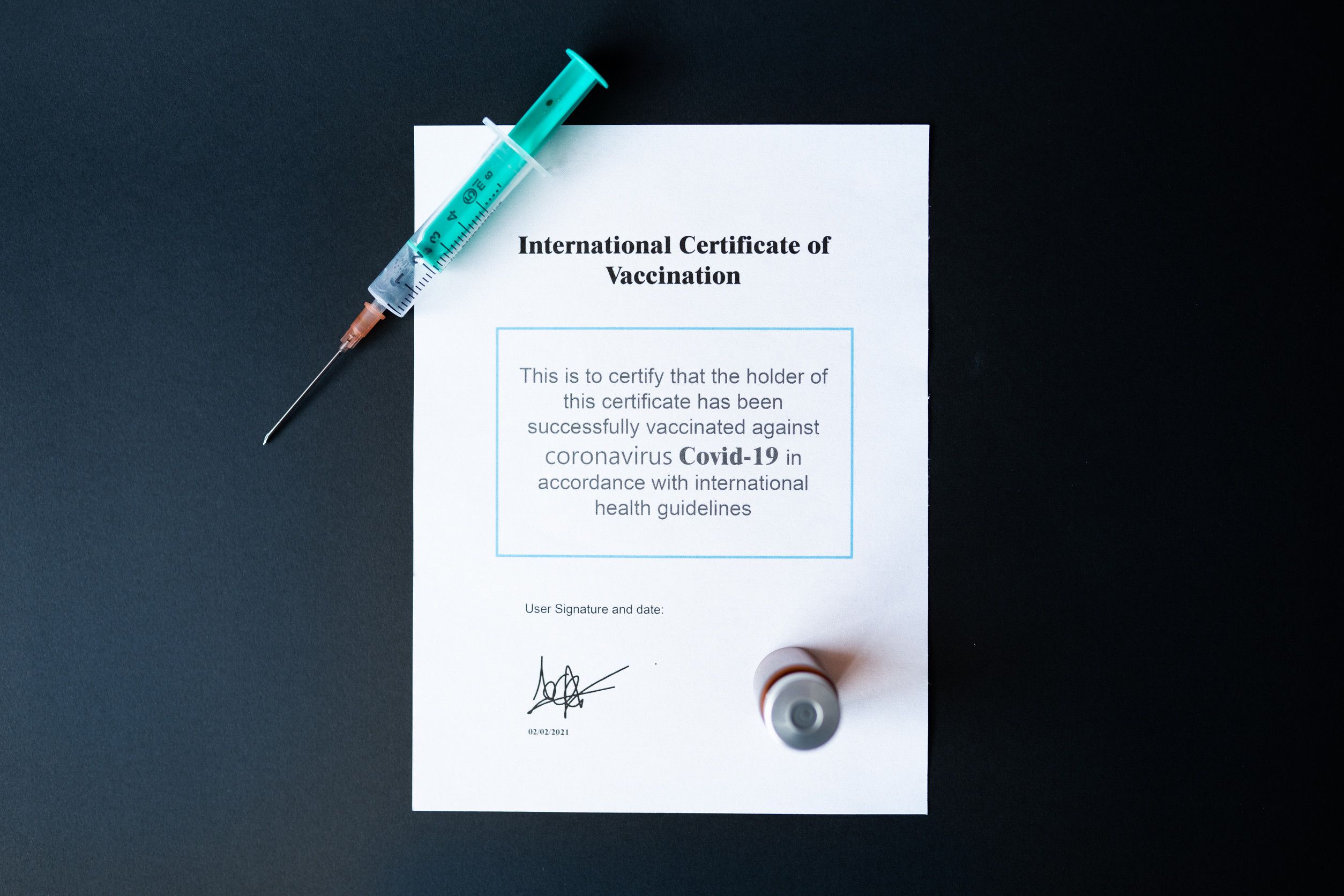
Last updated: January 2025
Georgia is a popular destination for tourists and business travellers alike. The country has a rich cultural heritage, stunning landscapes, and a growing economy, which make it an attractive destination for visitors. However, before planning your trip to Georgia, it is essential to understand the entry rules for foreign citizens travelling to Georgia.
Any citizen of a foreign country can enter Georgia via any route, including by air, land, and sea. It means that travelers can choose the most convenient mode of transport according to their preferences and budget.
Georgia Audio Guide for eVisa Application Tips and Cultural Insights

Conditions That You Must Meet to Enter Georgia
Valid travel document
You need to have a valid passport or other travel document recognized by Georgia to enter the country. The passport should be valid for at least three months after the planned date of departure from Georgia. It is essential to ensure that the information provided in the application matches the information in the passport or travel document.
Visa and eVisa requirements
You must have a visa or an electronic visa (e-visa) to enter Georgia, depending on their nationality. Georgia has a visa-free regime with several countries, and citizens of those countries can enter Georgia without a visa for a certain period. However, citizens of many other countries need to obtain a visa or an Georgia e-visa before travelling to Georgia. It is advisable to check the visa requirements for your country before planning your trip.
Proof of sufficient funds
You need to have a proof of sufficient funds to cover their expenses during their stay in Georgia. The amount of funds required may vary depending on the length of stay and the purpose of the visit. The travelers should carry a sufficient amount of cash, credit card, or other payment methods that can be used in Georgia.
Return or onward ticket
As a foreign citizen, you must have a return ticket or a ticket to a third country if you are travelling through Georgia to reach their final destination. They must also have a hotel or other accommodation reservation during their stay in Georgia. It is also advisable to have valid health/accident insurance that covers their entire stay in Georgia.
Health and Accident Insurance
Having valid health/accident insurance is crucial for covering any medical emergencies during your stay in Georgia. This insurance should cover the entire duration of the visit and may be checked by authorities upon arrival.
Additional Entry Conditions
Special entry conditions may apply to certain nationalities, and regulations for travelling with children may vary. Transit passengers should also be aware of any specific rules that apply to them.
Pre-travel preparations
Before planning a trip to Georgia, foreign citizens should ensure that they meet all the entry requirements. These include having a valid passport or travel document, obtaining a visa or e-visa if required, proof of sufficient funds, a return ticket or ticket to a third country, and reservation for accommodation. By meeting these requirements, foreign citizens can have a smooth and hassle-free entry to Georgia.
Entry Rules and Recommendations for Children Traveling to Georgia
Travelling to Georgia with children involves additional considerations and documentation. Below are the guidelines to ensure a smooth entry process for minors.
Entry Requirements for Children
Follow Parents' Requirements
Children usually need to follow the same entry requirements as their parents or guardians accompanying them. This includes having a valid passport and, if necessary, a visa.
Visa-Free Entry
If the parents or guardians qualify for visa-free entry to Georgia, the children can usually enter visa-free as well. Georgia has visa-free agreements with several countries, allowing their citizens to enter and stay for up to one year without a visa.
Visa Required
If the parents or guardians need a visa, children will likely need one, too. The type of visa required (eVisa, regular visa) will depend on the purpose and duration of the stay. It is essential to check the specific visa requirements for your nationality and apply accordingly.
Parental Consent and Documentation
Travelling with One Parent: If a child is travelling with only one parent, a notarized letter of consent from the non-travelling parent is often required. This letter should grant permission for the child to travel and specify the travel dates.
Travelling with Guardians or Alone: If the child is travelling with a guardian or alone, notarized consent from both parents is usually required, along with additional documentation such as the child’s birth certificate and copies of the parent’s passports.
Vaccinations
While vaccinations are not mandatory, it is advisable to ensure your children are up-to-date on recommended vaccinations for Georgia. This includes routine vaccinations and any specific ones recommended for travellers to Georgia.
Travel Insurance
Consider travel insurance that covers children for medical emergencies and trip disruptions. Travel insurance provides financial protection and peace of mind in case of unexpected medical issues or travel interruptions.
Recommendations
Proof of Relationship
Carry a copy of the child's birth certificate or another document proving their relationship to the accompanying adults. This helps in verifying the child’s identity and relationship with the accompanying parent or guardian.
Check with Airline
Airlines might have their own requirements for travelling with children. Check their baggage allowance policies and any documentation they might require for minors. This ensures compliance with airline-specific regulations and avoids any last-minute issues at the airport.
Health Requirements and Vaccinations

While Georgia does not mandate any specific vaccinations for travellers, it is highly recommended to be up-to-date on routine immunizations. These include measles, mumps, rubella (MMR), diphtheria, tetanus, pertussis (DTP), polio, and influenza vaccinations. Keeping these vaccinations current helps protect not only the traveller but also the local population, as these diseases can be highly contagious and are preventable through immunization.
Additional vaccinations may be recommended depending on your travel plans and the activities you plan to engage in while in Georgia. For example, if you are travelling to rural areas, participating in outdoor activities, or staying for an extended period, vaccinations for hepatitis A and hepatitis B are advisable. Hepatitis A can be contracted through contaminated food and water, while hepatitis B is transmitted through contact with infectious body fluids.
Rabies vaccination is recommended for travellers who might be exposed to animals, particularly if you plan to work with or around animals, explore caves, or participate in activities that increase the risk of animal bites. Rabies is present in Georgia, and although rabies vaccinations are available within the country, pre-exposure vaccination is recommended to avoid the need for post-exposure treatment, which might not be readily accessible in remote areas.
Consulting with a healthcare provider or a travel medicine specialist is essential to get personalized advice on the recommended vaccinations before your trip to Georgia. They can provide guidance based on your specific health needs, travel itinerary, and activities planned. This consultation should ideally take place at least 4-6 weeks before departure to ensure there is enough time for vaccinations to be administered and for any necessary boosters to take effect.
Note: Good news! There are no mandatory COVID-19 testing or vaccination requirements for entering Georgia. This means regardless of vaccination status, travelers don't need to present negative tests or undergo mandatory self-isolation upon arrival.
Disclaimer: This information is intended for general guidance and was last updated in January 2025. While we strive to ensure the accuracy and completeness of the information, we cannot guarantee it and accept no liability for any errors or omissions. Visa requirements, application procedures, and fees are subject to change, and applicants should verify the most current information through the official government website or relevant authorities.
FAQ
Yes, foreign citizens can enter Georgia by land, sea, or air.
An eVisa is an electronic visa that can be applied for online. To apply, visit the official eVisa portal, fill out the application form, submit the required documents, and pay the applicable fees. The eVisa will be sent to your email once approved.
Yes, if the parents or guardians require a visa, children will need one, too. Each child must have an individual visa application, even if they are included in a parent's passport.
Travellers must show proof of sufficient funds to cover their stay in Georgia. This can include bank statements, credit card statements, or proof of sponsorship. The required amount varies based on the length of stay and the purpose of the visit.
If you lose your passport while in Georgia, contact your country’s embassy or consulate in Georgia immediately. They can assist you in obtaining a replacement travel document.

To help us improve